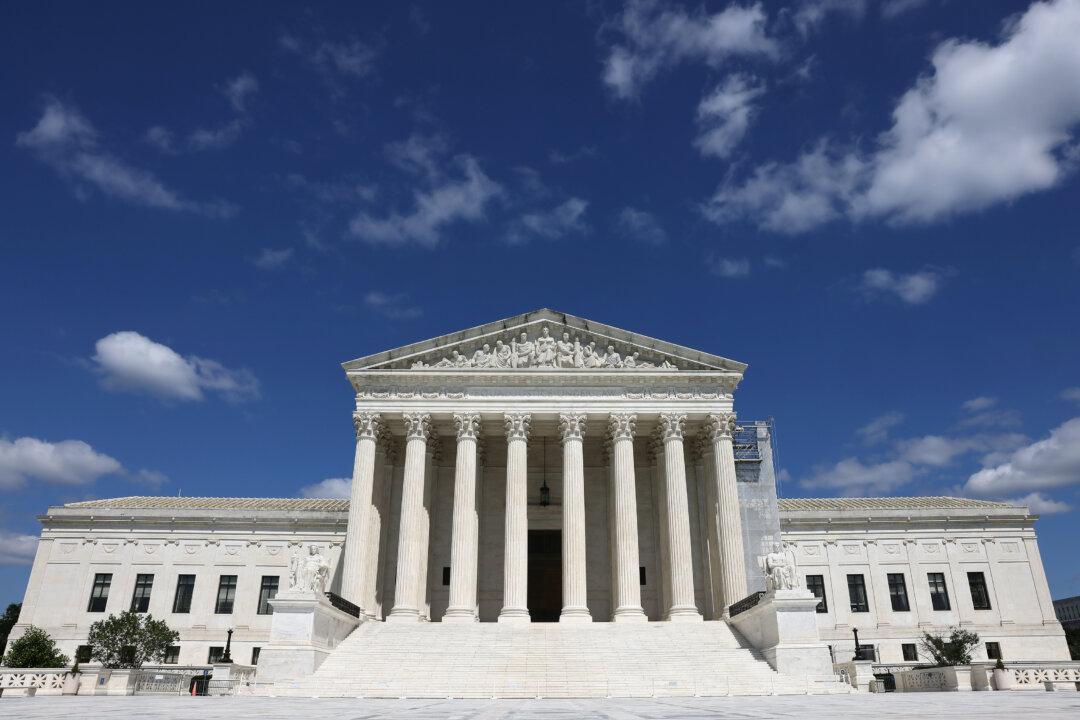A U.S. federal official suggested in a recent interview that Americans may be told by officials that they are recommended to have no more than two alcoholic drinks, or beers, per week.
Director of the National Institute on Alcohol Abuse and Alcoholism (NIAAA) George Koob told the Daily Mail on Thursday that the United States could follow how Canada handles its alcohol guidelines.
For the NIAAA’s “heavy” drinking limits, it says that men should drink no more than four per day, and no more than 14 beverages per week. For women, according to the guidelines, they should drink no more than three drinks per day and seven per week.
Meanwhile, Canada’s current guidelines recommend people have only two drinks per week. A drink is defined as containing 0.6 fluid ounces of alcohol, or equivalent to one beer, one glass of wine with 12 percent alcohol, or one shot of hard alcohol.
“If there’s health benefits, I think people will start to re-evaluate where we’re at [in the U.S.],” Mr. Koob told the Daily Mail.
When asked about whether the guidelines would change in 2025, he said that it’s likely officials will not recommend that people drink more per day or week, as compared with the current guidelines.
“I mean, they’re not going to go up, I’m pretty sure,” Mr. Koob said. “So, if [alcohol consumption guidelines] go in any direction, it would be toward Canada.”
Mr. Koob added that he believes that there are no health benefits to drinking alcohol. However, he did say that it has social benefits and called it a “social lubricant.”
“Most of the benefits people attribute to alcohol, we feel they really have more to do with what someone’s eating rather than what they’re drinking,” Mr. Koob told the outlet. “So it really has to do with the Mediterranean diet, socio-economic status, that makes you able to afford that kind of diet and make your own fresh food and so forth. With this in mind, most of the benefits kind of disappear on the health side.”

Some industry groups responded to his comments to the Daily Mail, accusing him of trying to make a dramatic change to the dietary guidelines.
Ms. Berger noted that for 30 years, guidance “has been no more than one drink per day for women and two drinks per day for men for those who choose to drink,” adding that it is “inappropriate for a federal official to predetermine the outcome of the Dietary Guidelines and suggest changing decades of precedent without the benefit of the scientific review to support such a sweeping move.”
Meanwhile, Rep. Troy Nehls (R-Texas), a frequent Biden administration critic, told Fox News that Mr. Koob’s suggestion is “a joke” and a sign that “rich men north of Richmond are once again recommending what hard-working Americans should and shouldn’t do,” referring to the Oliver Anthony song. “They want to control every aspect of your life,” he added.
There have been recent studies showing that alcohol is linked to a few dozen forms of cancer, while the U.N.’s World Health Organization in January issued an alarmist statement saying that “no level of alcohol consumption is safe for our health.” It made note of research that found alcohol raises the risk of cancer—even when drinking small amounts.
However, a recent study found that small amounts of alcohol may lower stress in the brain, which thereby benefits the heart. The study also found that people who drink moderate amounts also had lower risks of major cardiovascular events such as heart attack or stroke.
Another doctor not involved in the studies also said that research that shows alcohol in a negative light doesn’t focus on what he described as the “positive ways” it can be used. “We celebrate accomplishments, mark occasions, bring wine to parties, meeting with friends, commiserate, relax, blow off steam... these are important activities, and part of the texture and tone of many lives,” Dr. Dan Malleck, a health sciences expert at Brock University in Canada, told the Mail.





